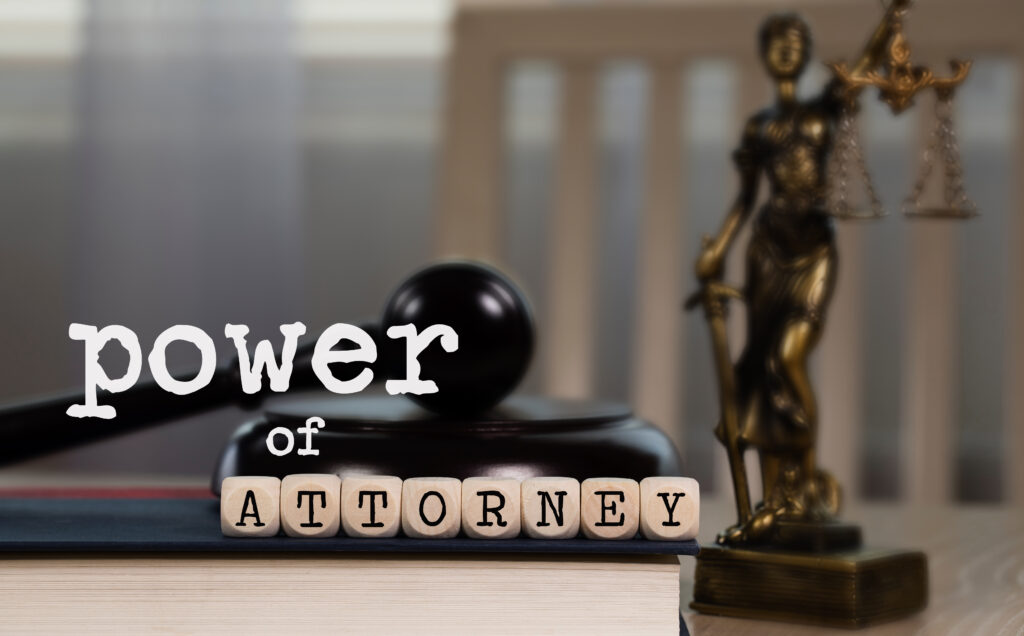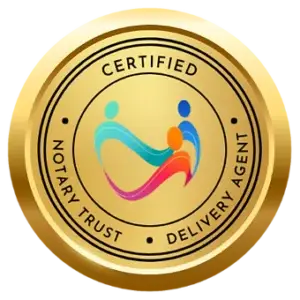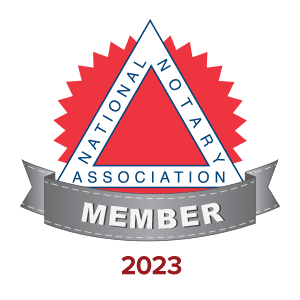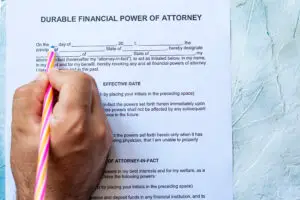
Notary for Power of Attorney
In a world where legal matters often require a meticulous eye for detail, the power of a notary cannot be underestimated. When it comes to important documents like Power of Attorney (POA), notarization plays a crucial role in ensuring their validity and reliability. But what exactly is notarization, and why is it so important?
What is Notarization?
In simple terms, notarization involves a certified notary public verifying the authenticity of a signature on a document. This process adds an extra layer of security and credibility, making the document legally binding and providing peace of mind for all parties involved.
When it comes to POA documents, the role of a notary becomes even more significant. A Power of Attorney grants someone the legal authority to act on behalf of another person, making important decisions related to finances, medical care, or legal matters. Notarizing these documents ensures that the designated individual’s powers are legitimate and recognized by law.
In this article, we will explore the benefits and legal requirements of notarizing Power of Attorney documents and why working with a qualified notary public is crucial. So, let’s unravel the power of a notary and discover how their expertise can protect and empower your legal affairs.
What is a Power of Attorney?
A power of attorney is a legal document that allows an individual, known as the “principal,” to grant another person, known as the “agent” or “attorney-in-fact,” the authority to act on their behalf. This authority can be broad or limited, depending on the specific powers granted in the document.
The reasons for establishing a power of attorney can vary. It may be due to the principal’s physical or mental incapacity, their absence from the country, or simply to delegate certain responsibilities to another trusted individual. Regardless of the circumstances, a power of attorney provides a legal framework for someone to make decisions and act on another person’s behalf.


Want to Learn More? Contact Pryor Mobile Notary Today !
The Role of a Notary in the Power of Attorney Documents:
A notary public plays a crucial role in the creation and execution of power of attorney documents. Their primary responsibility is to verify the identity of the individuals involved in the process and ensure that the document meets all legal requirements.
When notarizing a power of attorney, the notary public will typically ask the principal to provide valid identification, such as a driver’s license or passport. They will also confirm that the principal understands the nature and implications of the document they are signing.
Once the principal’s identity and understanding are established, the notary will witness the principal’s signature on the power of attorney document. By affixing their official seal and signature, the notary certifies that the document was signed voluntarily and without undue influence.
Benefits of Notarizing Power of Attorney Documents
Notarizing power of attorney documents offers several benefits for all parties involved. Let’s explore some of the key advantages:
Notarization adds an extra layer of authenticity and credibility to the power of attorney document. Having a notary public verify the signature makes the document more reliable and legally binding.
Notarization helps prevent fraudulent activities and disputes regarding the validity of the power of attorney. The notary’s seal and signature serve as evidence that the document was executed correctly, reducing the risk of challenges or misunderstandings in the future.
A notarized power of attorney is more likely to be recognized in different jurisdictions. This can be especially important if the principal or agent needs to exercise their powers in another state or country, as notarization ensures the document meets the legal requirements of various jurisdictions.
Knowing that a power of attorney has been notarized provides peace of mind for the principal, the agent, and other parties involved. It offers assurance that the document is legally valid and that the agent’s actions will be recognized and respected.
How to Find a Qualified Notary for Power of Attorney Documents
Notarizing power of attorney documents is crucial in ensuring their validity, credibility, and legal recognition. By working with a qualified notary public and adhering to the legal requirements, you can protect and empower your legal affairs. Whether you are granting someone power of attorney or acting as an agent, notarization adds an extra layer of security and peace of mind.
Remember to carefully prepare and execute the power of attorney document, bring valid identification to the notarization meeting, and retain copies of the notarized document for future reference. By understanding the power of a notary and the importance of notarizing power of attorney documents, you can navigate legal matters with confidence and ensure the protection of your rights and interests.
Finding a qualified notary public for power of attorney documents is crucial to ensure the validity and reliability of the notarization process. Here are some ways to find a qualified notary:
- Local resources: Contact your local courthouse, government offices, or law firms to inquire about notary services. They can provide recommendations or direct you to a reliable notary public.
- Online directories: Many online directories list notary publics, allowing you to search based on location or specific requirements. Websites like the National Notary Association or the American Society of Notaries can be helpful resources.
- Mobile notary services: If you require notarization at a specific location, consider using Pryor Mobile Notary services. Our services provide the convenience of having a notary come to your desired location, whether it’s your home, office, or any other suitable place.
- Referrals: Ask friends, family, or colleagues for recommendations. Personal referrals can often lead to finding a trustworthy and experienced notary public.
Remember to verify the qualifications and credentials of the notary public you choose to ensure their expertise and compliance with the legal requirements of your jurisdiction.
Notarizing power of attorney documents is crucial in ensuring their validity, credibility, and legal recognition. By working with a qualified notary public and adhering to the legal requirements, you can protect and empower your legal affairs. Whether you are granting someone power of attorney or acting as an agent, notarization adds an extra layer of security and peace of mind.
Remember to carefully prepare and execute the power of attorney document, bring valid identification to the notarization meeting, and retain copies of the notarized document for future reference. By understanding the power of a notary and the importance of notarizing power of attorney documents, you can navigate legal matters with confidence and ensure the protection of your rights and interests.

